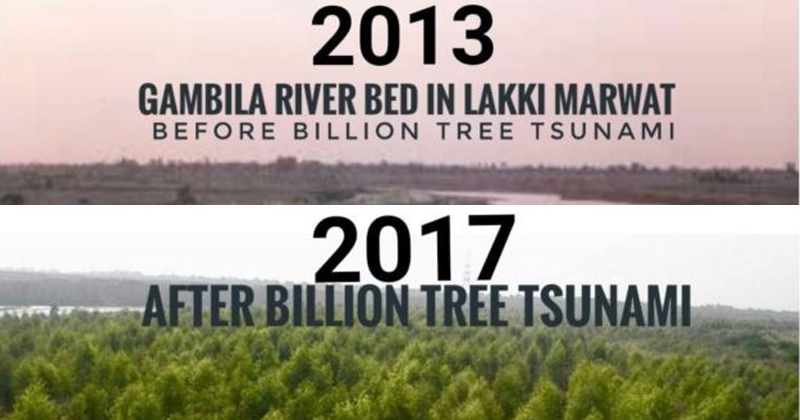Environment is to greenery what oxygen is to breathing and to our lungs. There’s a direct co-relation. It isn’t a relation of mutual interdependence for even in the absence of human lives, the environment would exist; to live another day, year and many a millennium. But given their ulterior self-serving nature, human lives have, over the past several decades resulted in downing the environs; clean green spaces meant for healthier living and sustenance.
 It isn’t just the plight in an India or a Brazil in the developing world that have caused an ouster of many forested areas but of even countries like Pakistan- no paradise on earth given the acrimonious state of affairs between civilian lives and ruling establishment- that have caused a great deal of hurt to many hectares of land sufficiently enveloped by a burly green expanse.
It isn’t just the plight in an India or a Brazil in the developing world that have caused an ouster of many forested areas but of even countries like Pakistan- no paradise on earth given the acrimonious state of affairs between civilian lives and ruling establishment- that have caused a great deal of hurt to many hectares of land sufficiently enveloped by a burly green expanse.
 Pakistan, it is reported, had lost around a whopping 150 million hectares of land to degradation and deforestation over the years.
Pakistan, it is reported, had lost around a whopping 150 million hectares of land to degradation and deforestation over the years.
One doesn’t need to be an Einstein to note that the more commercialisation happens, the more the damage caused to surrounding environs. Consuming everything in its wake, industrious growth has been directly linked to eating up clean, green spaces meant for healthier living. Sartre, cannot be blamed for saying that, “when the rich wage war, it is the poor who die”, only in this case, the environment is deemed to be a poor sufferer.
On that note, it was about time that someone came to the rescue of the environment in Pakistan, where since 2013, a majority of the population in rural areas has been grappling with varied problems such as inadequate supply of uncontaminated drinking water with 60% of the rural populace marred by waterborne diseases.
But in a glimmer of bright hope, media recently revealed that over the course of last two years, Pakistan has reportedly planted a billion trees, a magnanimous achievement for a country startled with an incessant rich-poor urban-rural divide where development is often indexed to the number of posh ultra-luxury wagons running on sprawling wide roads of a Karachi, Lahore or Rawalpindi.
As part of a massive Afforestation project, resulting from the initiations by leading politician Imran Khan’s Tehreek-e-Insaaf (PTI) party, which aimed to reclaim huge forest lands wiped out by decades of deforestation and natural calamities, Pakistan is making green news, once again.
As part of its promise to fulfil the 3,48,400 hectare commitment to the Bonn Challenge, a global effort being orchestrated to bring back 150 million hectares of deforested and degrades land into restoration, by planting 1 billion trees, Pakistan has sprung to the attention of the world in its resilience to cater to environmental causes.
Appropriately titled the Billion Tree Tsunami, Pakistan’s drive to wipe away inconsistency and lackadaisical treatment in its restoration of greens and environs speaks of a mounting edifice it has created in the path of its critics, forever willing to decry one of pivotal economies of Asia.
Along the banks of the famous Indus and, Swat and Kunhar rivers, important catchment areas are laden with sprawling greens that will grow to be giant conduits in Pakistan’s emphasis to lay a green sheen over the threat of global warming.










